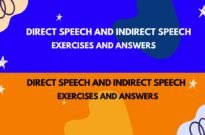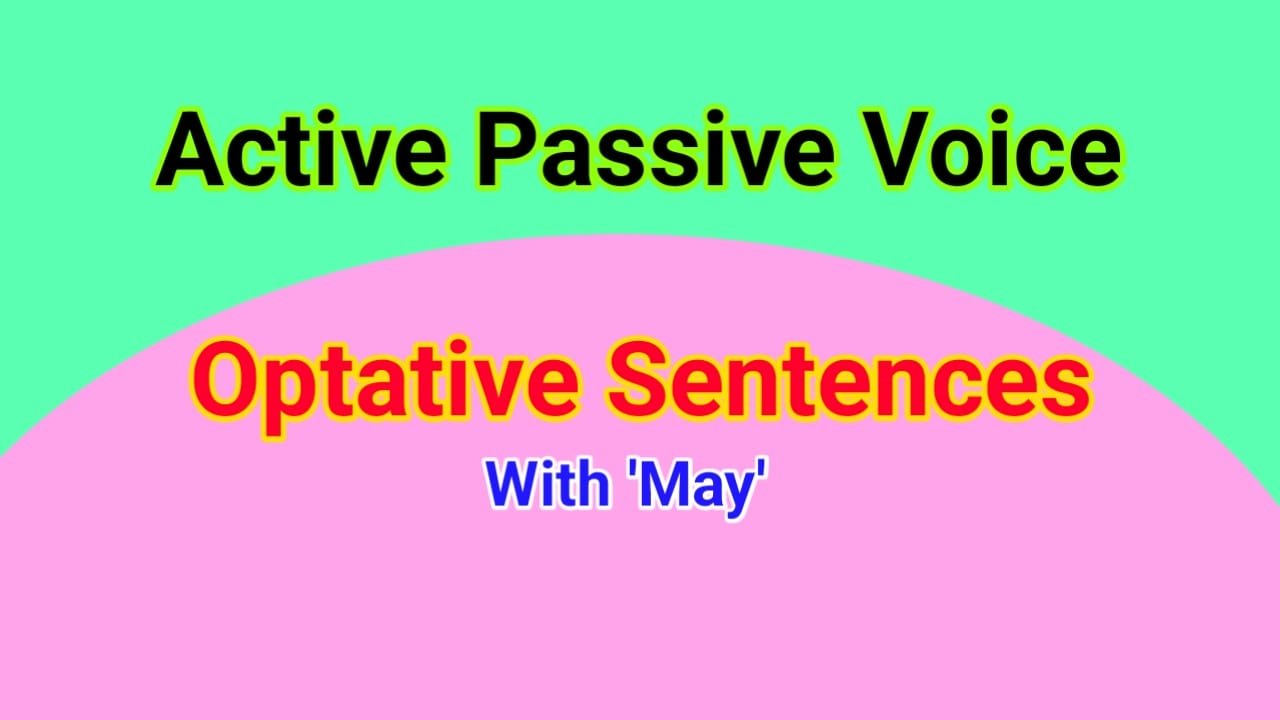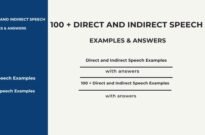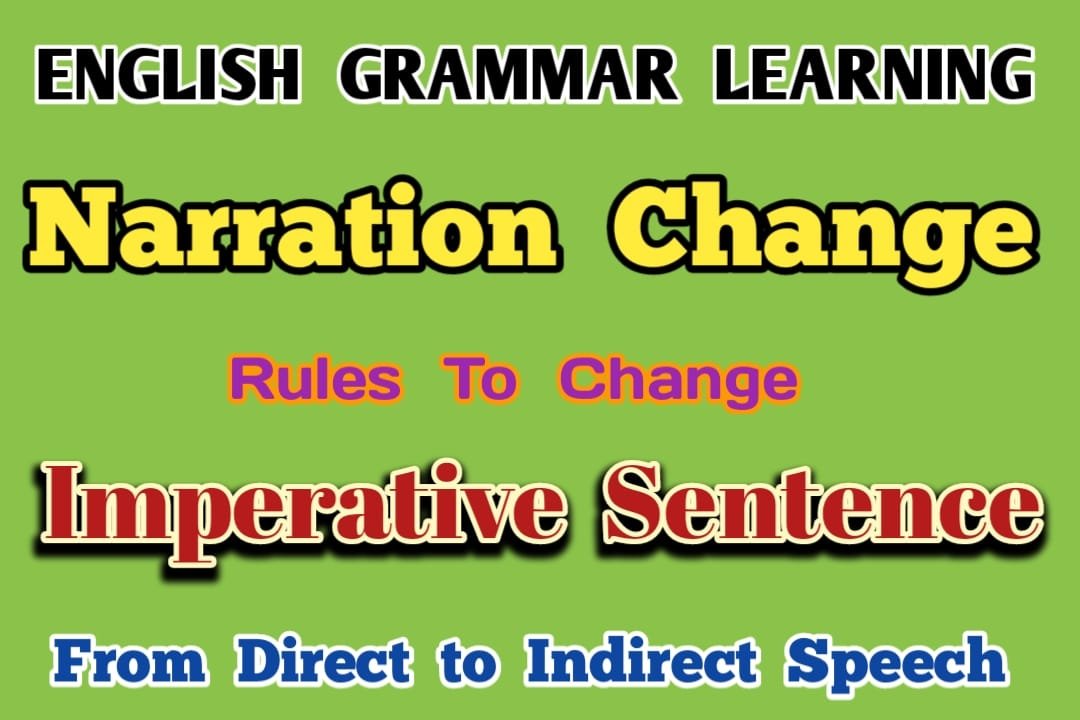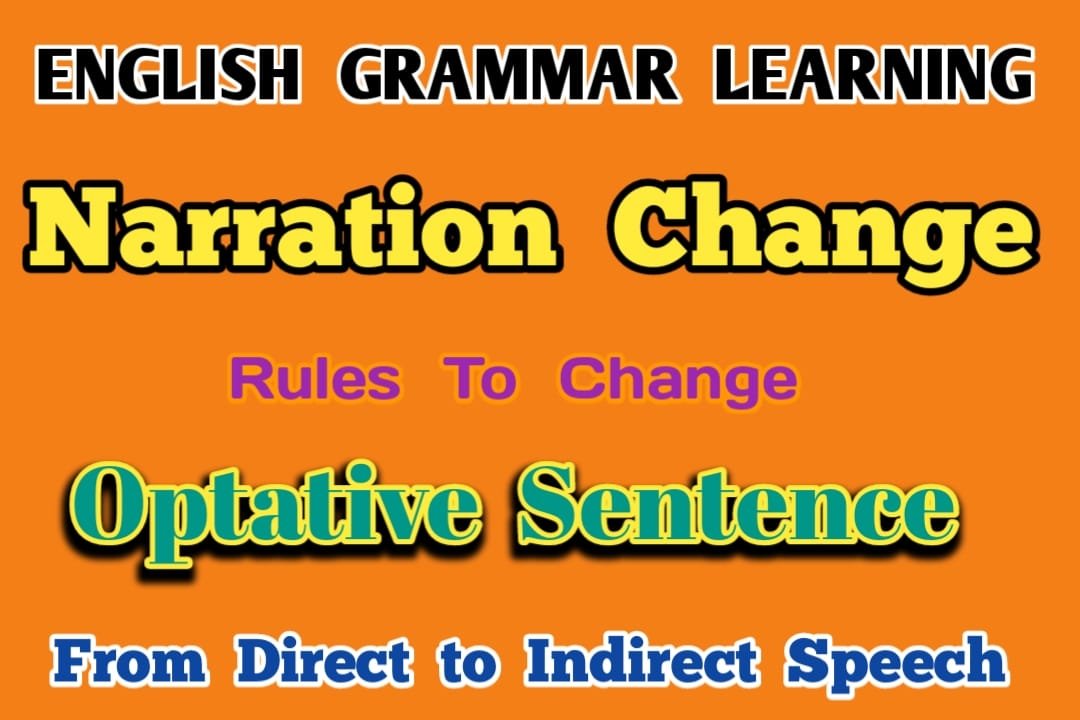Conditional sentences in English, including the first conditional, second conditional, third conditional, and zero conditional sentences, are crucial for discussing possibilities and hypothetical scenarios. From Conditional 1 to mixed conditionals, these structures help convey various outcomes and time frames.
In this article, we’ll explore the various types of conditional sentences in English, their structures, common mistakes, and practical exercises to help you become proficient
Understanding Conditional Sentences in English
Conditional sentences, often referred to as “if” sentences, describe a condition and its possible result. They are crucial in English because they allow us to discuss,
- what could happen,
- what might have happened
- what we wish would happen.
A sentence that has two clauses–one that tells about a condition and the other that tells about the result–is called a conditional sentence.
A conditional sentence is used to talk about a result that may happen only if a condition happens first. Conditional Sentences in English are made of two parts–an if clause and a main clause.
For example,
| Conditional (dependent) clause | Main clause |
| If it rains, | we will cancel the trip. |
| If you do not hurry, | you will miss the train. |
Types of Conditional Sentences in English
There are five kinds of conditional sentences
- Zero conditional sentences
- First conditional sentences
- Second conditional sentences
- Third conditional sentences
- Mixed Conditional Sentences
How to Form Conditional Sentences in English
Understanding the structure of each type of conditional sentence is crucial. Here’s a quick guide:
1. Zero Conditional: If + present simple, present simple
2. First Conditional: If + present simple, will + base verb
3. Second Conditional: If + past simple, would + base verb
4. Third Conditional: If + past perfect, would have + past participle
5. Mixed Conditional: Various combinations, e.g., If + past perfect, would + base verb (or) If + past simple, would have + past participle
Examples of Conditional Sentences in English
Explore a variety of examples of conditional sentences in English, including first, second, third, and zero conditionals, to understand different hypothetical and real scenarios. These examples illustrate how to effectively use conditionals in various contexts.
1. Zero conditional sentences
The zero conditional sentences are used to talk about scientific facts and general truths.
a. For example,
- If you freeze water, it turns into ice.
- If you brush your teeth twice a day, your teeth remain healthy.
- If I study, I pass the exam
b. Rules & Structure of Zero Conditional Sentences
In a zero conditional sentence, we use the simple present tense in both clauses.
Rules:
| If + Simple Present Tense + Simple Present Tense |
Structure:
| Tense: | Simple Present | Simple Present |
| Clause: | If Clause | Main Clause |
| Example: | If you freeze water, | it turns into ice. |
c. Usage of Zero conditional sentences
- For Scientific facts or general truths.
2. First conditional sentences
The first conditional sentences are used to talk about a possible condition in the present or future and its likely results.
a. For example,
- If it is hot, I will go for a swim.
- If it is cold, I will stay home.
- If I study, I will pass the exam.
b. Rules & Structure of First Conditional Sentences
In a first conditional sentence, we generally use the simple present tense in the if clause and simple future tense in the main clause.
Rules:
| If + Simple Present Tense + Simple Future Tense |
Structure:
| Tense: | Simple Present | Simple Future |
| Clause: | If Clause | Main Clause |
| Example: | If it is hot, | I will go for a swim. |
c. Usage of First Conditional Sentences
- First Conditional Sentences refer to possible conditions or open Conditions.
- They refer to the Present Situation.
- The conditions in them can be fulfilled.
3. Second conditional sentences
The second conditional sentences are used to talk about a condition in the present or future and it is very unlikely that this condition will be fulfilled.
a. For example,
- If they invited me to the party. I would go. (but it is unlikely that they’ll invite me)
- If you asked her, she would help you. (but you don’t seem to be willing to ask her)
- If I studied, I would pass the exam. (but I don’t study)
b. Rules & Structure of Second Conditional Sentences
In a second conditional sentence, we use the simple past tense in the if-clause and the would/could/might + base form of verb in the main clause.
Rules:
| If + Simple Past Tense + would/might/could + Verb(Base form) |
Structure:
| Tense: | Simple Past | would/might/could + Verb (Base form) |
| Clause: | If Clause | Main Clause |
| Example: | If they invited me to the party. | I would go. |
c. Usage of Second Conditional Sentences
- Second Conditionals are improbable conditions.
- They present imaginary or improbable situations
4. Third conditional sentences
The third conditional sentences are used to talk about an unfulfilled condition in the past.
a. For example,
- If you had studied harder, you would have passed.
- If I hadn’t been tired, I would have gone out last night.
- If I had studied, I would have passed the exam.
b. Rules & Structure of Third Conditional Sentences
In a third conditional sentence, we use the past perfect tense in the if-clause and the would have + past participle form of the verb in the main clause
Rules:
| If + Past Perfect Tense + would + have + Verb (Past Participle Form) |
Structure:
| Tense: | Past Perfect | would + have + Verb (Past Participle Form) |
| Clause: | If Clause | Main Clause |
| Example: | If you had studied harder, | you would have passed. |
c. Usage of Third Conditional Sentences
- The third conditionals are impossible conditions.
- They present the past situations.
- The conditions laid down in them can not be fulfilled because the time is already over.
5. Mixed Conditional Sentences
Mixed conditionals involve different times in the condition and result clauses. The most common form is a past condition with a present result.
a. For Examples:
- If I had studied harder (past), I would be at university now (present).
- If she were more experienced (present), she would have gotten the job (past).
b. Rules & Structure of Mixed Conditional Sentences
Mixed conditional sentences combine two different time frames in the condition and result clauses. These sentences typically connect a past situation with a present result or a present situation with a past result.
Rules:
| If + past perfect + would + Verb (Base form) |
| If If + past simple + would + have + Verb (Past Participle Form) |
Structure:
| Tense: | Past Perfect/Simple Past | would + Verb (Base form)/would + have + Verb (Past Participle Form) |
| Clause: | If Clause | Main Clause |
| Example: | If I had studied harder (past | I would be at university now (present). |
| Example: | If she were more experienced (present), | she would have gotten the job (past). |
c. Usage of Mixed Conditional Sentences
Mixed conditionals are used to connect past situations with present consequences or vice versa.
Common Mistakes with Conditional Sentences
1. Incorrect Tense Usage: Using the wrong tense can change the meaning entirely.
Incorrect: If I win the lottery, I would buy a car.
Correct: If I win the lottery, I will buy a car.
2. Mixing Conditionals Incorrectly: Ensure the time frames match the intended meaning.
Incorrect: If I had seen him yesterday, I will tell him today.
Correct: If I had seen him yesterday, I would tell him today.
3. Overusing Conditionals: Avoid using conditional sentences when a simple statement is more effective.
Table of Conditional Sentences
Study this table to understand the basic structure of conditional sentences.
| Conditional | If-clause (condition) | Main clause (result) |
| 1. zero conditional (Scientific facts or general truths.) | present simple | present simple |
| 1. Example: | If I study, | I pass the exam |
| 2. first conditional(conditions that can be fulfilled.) | present simple | will/won’t + verb |
| 2. Example: | If I study, | I will pass the exam. |
| 3. second conditional(imaginary or improbable situations) | past simple | would/could/might + verb (Base form) |
| 3. Example: | If I studied, | I would pass the exam. |
| 4. third conditional (impossible conditions) | past perfect | would have + past participle |
| 4. Example: | If I had studied, | I would have passed the exam. |
| 5. Mixed conditional (combine two different time frames in the condition and result clauses.) | Past Perfect/Simple Past | would + Verb (Base form)/would + have + Verb (Past Participle Form) |
| 5. Example 1: | If I had studied harder (past) | I would be at university now (present) |
| 5. Example 2: | If she were more experienced (present), | she would have gotten the job (past). |
Exercises for Practicing Conditional Sentences in English
Enhance your skills with exercises for practicing conditional sentences in English, covering first, second, third, and zero conditionals. These exercises help you master the structure and usage of conditionals in various scenarios.
Exercises 1
A. Identify the kind of conditionals.
1. If you heat ice, it melts.
2. If it rains, we will cancel the picnic.
3. If you stand in the rain, you get wet.
4. If you don’t water these plants, they die.
5. If you pull the dog’s tail, it will bite you.
6. If you don’t hurry, you will miss the flight.
7. If I had more free time, I would be happy.
8. If he had asked me, I would have helped him.
9. If you touch that wire, you will get an electric shock.
10. If I won the lottery, I would travel around the world.
11. If I go to Italy next month, I’ll buy a variety of Italian cheese.
12. If you had been more careful, you wouldn’t have had an accident.
Exercises 2
B. Complete these sentences using proper conditions.
1. If I fall asleep in class, ………………………..
2. If I do not do homework,………………………..
3. If I stay awake all night, ………………………..
4. If I do not eat fresh vegetables, ………………………..
5. If I do not eat fruits, ………………………..
6. If I sleep early at night,…………………………
7. If I play all day,.………………………..
8. If I am good to everyone,………………………..
Exercises 3
C. Fill-in-the-Blank Exercises
1. If he (finish) __________ his work on time, he would have been able to join us for dinner.
2. If they (know) __________ about the meeting, they would attend it.
3. If I (have) __________ more free time, I would travel around the world.
4. If we (leave) __________ earlier, we could have avoided the traffic jam.
5. If she (practice) __________ more often, she would be a better pianist now.
6. If the weather (be) __________ nice tomorrow, we will go hiking.
7. If you (tell) __________ me about the problem, I would have helped you solve it.
8. If it (rain) __________ tomorrow, we will stay indoors. If she (study)
9. __________ harder, she would have passed the exam. If I (be)
10. __________ you, I would take that job offer.
Exercises 4
Writing Your Own Conditional Sentences:
- Write a Zero Conditional sentence about a scientific fact.
- Write a First Conditional sentence about a plan you have for tomorrow.
- Write a Second Conditional sentence about a dream you have.
- Write a Third Conditional sentence about a past regret.
- Write a Mixed Conditional sentence combining a past condition with a present result.
FAQs about Conditional Sentences
1. What is the most common type of conditional sentence?
Ans: The First Conditional is commonly used because it deals with real and possible future situations.
2. Can conditional sentences be negative?
Ans: Yes, you can negate conditional sentences just like any other sentence. For example, “If it doesn’t rain, we will go to the park.”
3. Are there more than five types of conditional sentences?
Ans: The five types mentioned cover most scenarios, but variations and combinations can create additional nuanced conditionals.
4. Why are conditional sentences important in English?
Ans: They help express possibilities, hypothetical scenarios, and consequences, making communication more precise and nuanced.
Conclusion
Conditional sentences are essential tools for discussing possibilities and hypothetical scenarios in English. By understanding and practicing the various types, you can improve your grammar and communication skills. Remember to practice regularly, be mindful of common mistakes, and utilize available resources to master conditional sentences.


